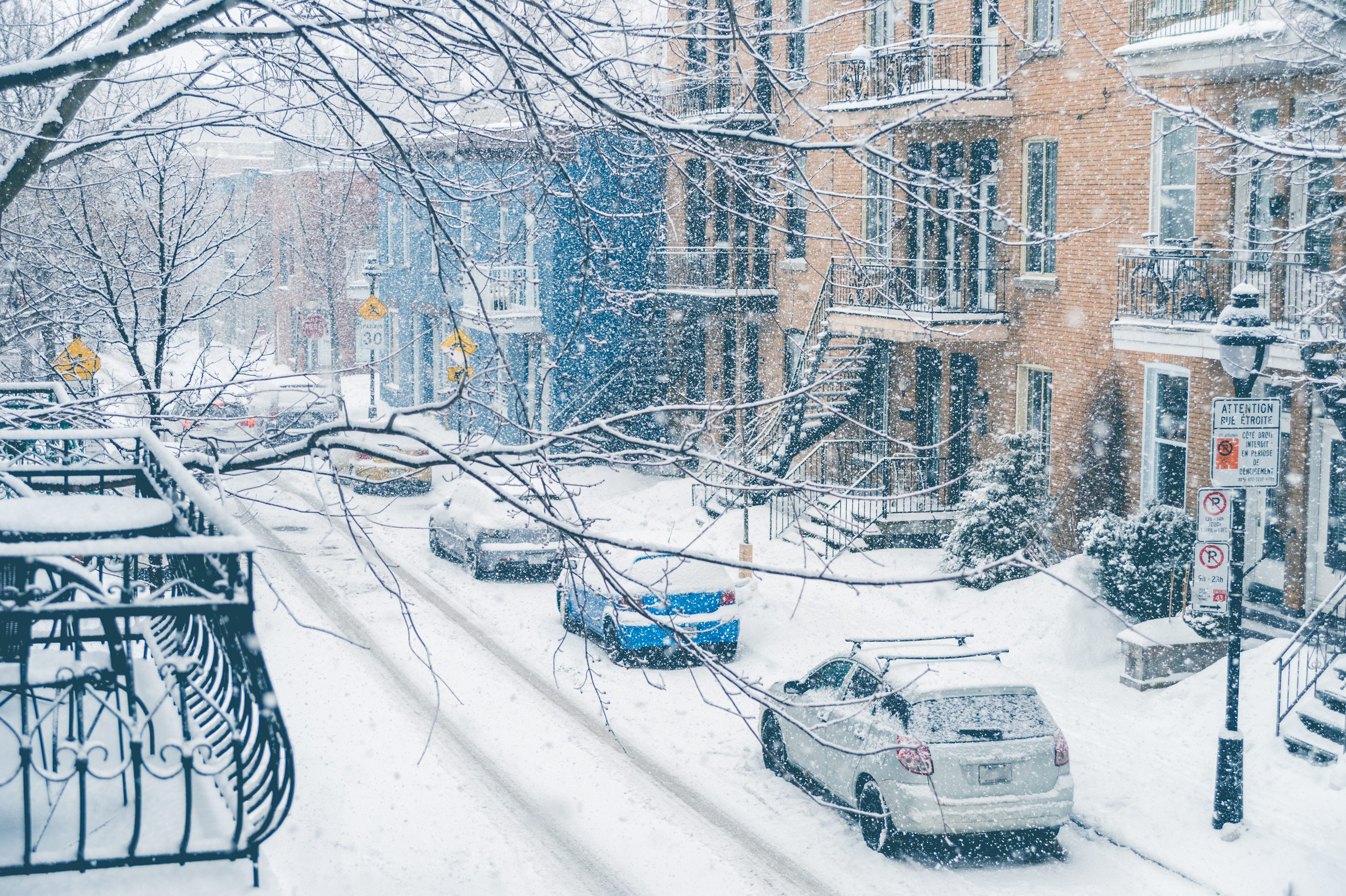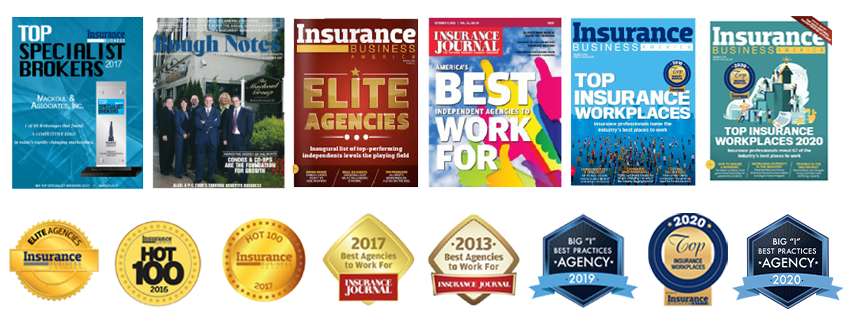
There’s no question, winter weather is here! Below is a great freeze checklist from our friends at Clermont Specialty Managers. Take a few minutes to look this over, an ounce of prevention is worth a pound of cure.
Prior to the Cold Season
- Prepare snow removal equipment. Fuel and test to ensure it is operational.
- Maintain thermometers or low temperature alarms in hard-to-heat areas housing vulnerable equipment.
- Inspect areas that have had a history of past freeze-up, drain equipment that carries water or is susceptible to freezing. Add antifreeze to any equipment that cannot be drained.
- Insulation should be replaced, or added if it was lacking, after making repairs. Almost all unit alteration work requires a final inspection with a C of O issued by the city. Building super should request a copy of C of O to confirm codes have been met.
- Check to ensure heating equipment in each unit is maintained at a minimum of 60 degrees during winter months. Building super should ensure they have access to unit if unit owner is away on vacation.
- Identify any concealed space, such as space above a suspended ceiling or below crawl space where piping is vulnerable, consider providing temporary openings for heat access.
- Building water supply or sprinkler piping should be equipment with water or low temperature alarms.
- For properties left unattended, consider a supervised alarm system to monitor power supply, building temperature and water supply lines.
- Install frost-proof exterior hose bib faucets or drain older non-frost-proof faucets to keep them from freezing.
- Idle air-conditioning systems should have water removed from water jackets, and condensers of chilling units should be FULLY drained.
- Communicate will all residents regarding adequate heating within unit(s) prior to leaving for vacation or extended stay away from premises.
During Cold Spell
- Monitor and record temperature in hard-to-heat areas that contain valuable equipment and repeat every few hours during severe cold spells. If possible, use an alarm connected to a security service or a continuously touring watch service.
- Monitor amount of snow on the roof and clear before it reaches unsafe levels to prevent roof collapse.
- Maintain an adequate number of roof drains and keep them free of ice and snow.
- Provide adequate and safe additional emergency heating equipment in areas prone to freezing and set for automatic start below 40 F (4C).
Technology
- Install Automatic Water Shut off Valves – Main Supply Lines.
- Install sensors and active alarms to monitor water pressure and temperature.

